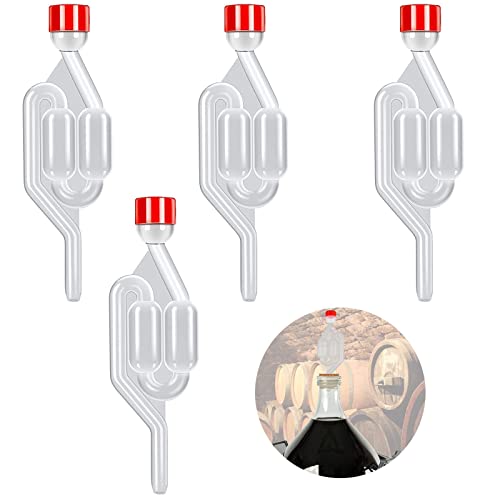So I have been dabbling in RO water,and using beersmith distilled section of the profile, right or wrong?
Secondly Bru n Water shows RO water with some parameters being as follows
Calcium 1
Magnesium 0
Sodium 8
Sulphate 1
Chloride 4
Bicarbonate 16
Cations meg/l ????
Anions meg l?????
hardness 3
Alkalinity 13.2
RA 12 ???
SO4/CL 0.3
So I'm doing a pale ale adding 86ltrs total water no sparge full volume recirculated mash, with step temp mash out.
I am adding the following
44.17g of gypsum to the mash
and the remaining to the boiler
Table salt 4.81g
Epsom 17.44g
Calcium Chloride 1.49g
The last brew I did, my ph of the mash was 4.5 way out,its always been spot on prior to using ro water and some dark malt in the mash for the full hour. (Maybe dark malt left until the last 15 minutes of the mash then add???)
The brew before that was spot on 5.3 no dark malts at all.
I know my water is good for stouts dark ales, but not too good for lighter paler ales, so this is an experiment, due to the fact I don't have to keep testing my water, as it changes from one week to the next, and I don't have to use campden tabs.
Anyone have some guidance on this.






























![BREWING THERMOMETER STICKERS ACCURATELY MONITOR FERMENTING BEER & WINE LIQUID TEMPERATURES 5PCS HOME BREW SPIRITS WINE LCD ADHESIVE [US]](https://m.media-amazon.com/images/I/311DDjo2X3L._SL500_.jpg)















